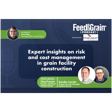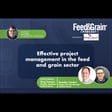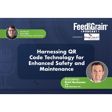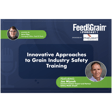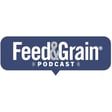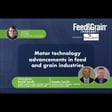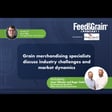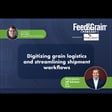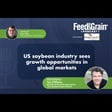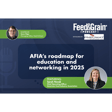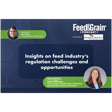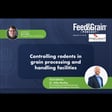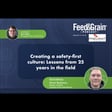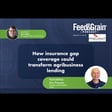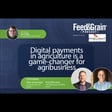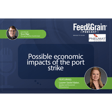Become a Creator today!Start creating today - Share your story with the world!
Start for free
00:00:00
00:00:01

Transforming animal feed with sustainable practices and collaborations
In the latest episode of the Feed & Grain Podcast, host Steven Kilger talks with Lara Moody, executive director of the Institute of Feed Education and Research (IFEEDER), about the organization's current projects and initiatives. Topics include the sustainability roadmap, ingredient consumption datasets, and the importance of communication in the feed industry. Moody highlights IFEEDER's mission to advance understanding and trust in the sustainable animal feed supply chain through research and education. Don't miss this insightful discussion on the future of animal feed and pet food industries.
